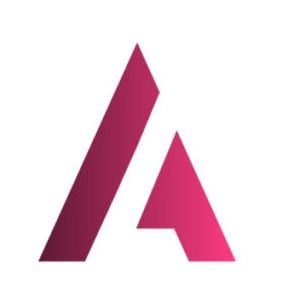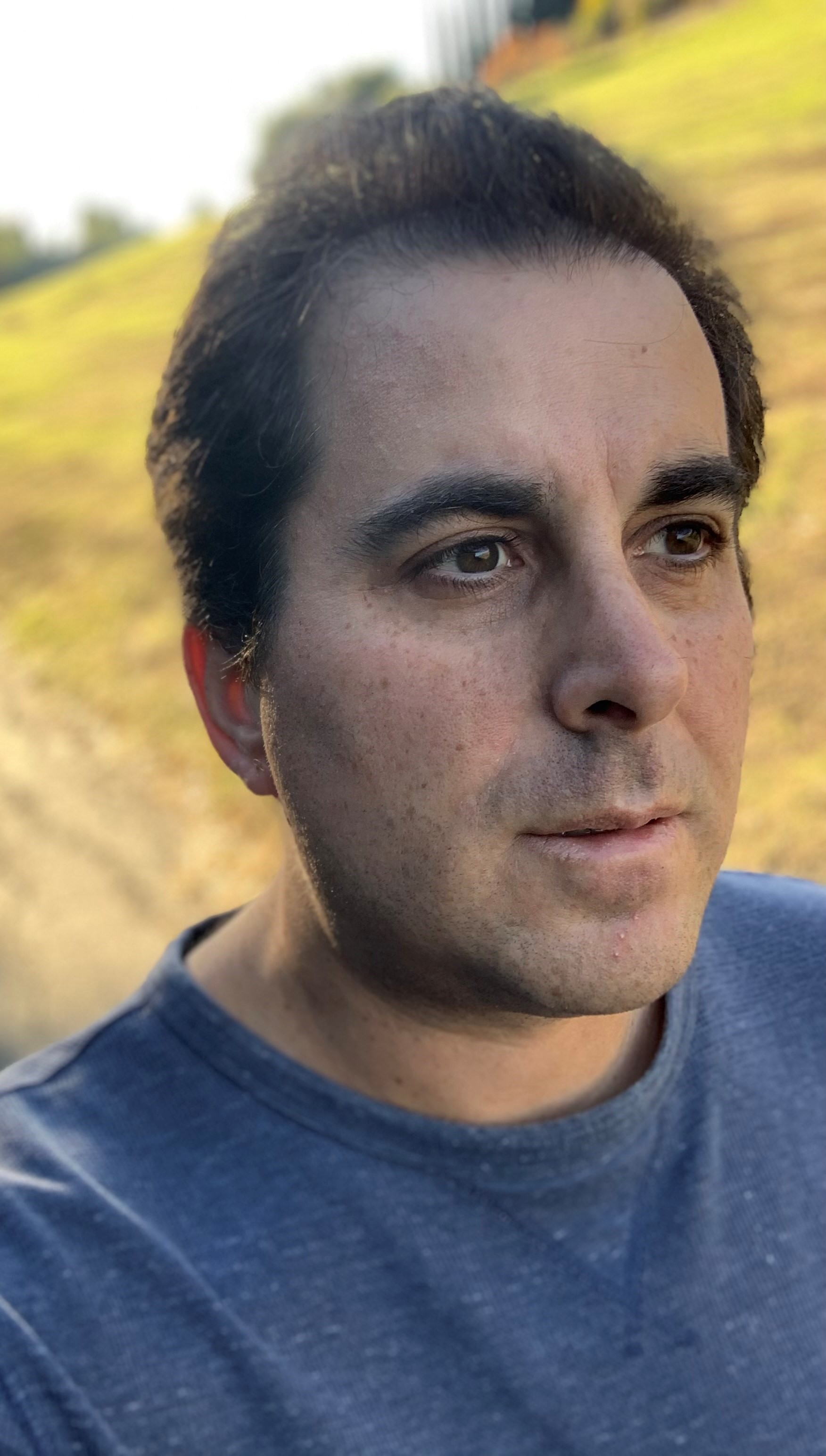Melody Meyer embodies GRIT.
Melody Meyer went through five major price cycles. She worked in Angola, Kazakhstan and Singapore, and on projects in Papua New Guinea, China and elsewhere. She had key leadership roles in three new-country startups, went through three major mergers, led through the major hurricanes of 2005, and then took charge of the largest growth portfolio in Chevron.
After all that, you could say Melody knows a thing or two about GRIT — growth, resilience, innovation and transition — the theme of our third annual HERWorld Energy Forum on March 8.
“ ‘Grit’ is a great word because it really does symbolize what you need to have to succeed in a traditionally male-dominated world. You have to have strong EQ and strong intellect. You always have to be one step ahead in your thinking to be successful in our industry.”
Melody Meyer
Melody will be the keynote speaker for our first-ever GRIT Awards presentation at HERWorld. (Get your tickets here!) The awards allow us to celebrate the unsung heroes of the energy industry, those who boldly step up to the occasion, whatever it may be.
Leaders like Melody.
She got her start in energy pretty much from birth.
“I was born in an oil camp in North Dakota. Literally. What is now the Bakken field,” Melody recalls. “My dad’s a petroleum engineer, and I grew up on the three P’s — porosity, permeability and pore pressure. That’s all my dad talked about. Even today — he’s 91, and that’s still all he talks about.”
When Melody went to college, her family didn’t have a lot of money. She wanted to go to medical school, but she could only afford to pay for a four-year degree. A professor suggested engineering instead, since Melody had an aptitude for math and science.
“I thought, ‘Well, hell, I might as well,’” Melody says with a laugh. “And then I just loved it.”
She landed a job with Chevron, which was Gulf Oil at the time, right out of college and started in Houston, in the pipeline division. She joined a team of two men who were so overloaded with work, building Gulf Oil’s West Africa facilities, that they just gave Melody her equal share, despite her lack of real-world experience. She’d never been on an airplane before she started with the company, and yet it wasn’t long before she was making the trek to the then war-torn country of Angola — where her boss would assure her there was nothing to worry about, even after machine gun fire ripped through the back of his car.
“I learned so quickly,” she says. “It was such an experience.”
Melody spent eight years managing projects, building off-shore platforms and pipelines in West Africa. Then, when Gulf Oil merged with Chevron, she started traveling even more. She had key roles in the startup of Chevron’s South China Sea project and the Papua New Guinea project, where her work earned her an award from the chairman of the company. From there, she moved on to Kazakhstan and then to Angola— where she started rotating, spending 28 days in country and 28 days at home.
Her three children were just 3, 6 and 8 years old when the rotation started. It lasted for almost eight years.
“It just sounds terrible, but when I was on my time off, I didn’t work at all because you have an alternate in the position. So I formed a 28/28 Girl Scout troop with another mom who could take over when I was gone. I got to work in the preschool with my son, which I would have never been able to do,” Melody explains. “So on my 28 off, I got some real quality time with the kids. But then you were gone Christmas and birthdays, so you had to compensate.”
During those eight years, Melody’s husband made the game-changing decision to retire and take care of the kids full-time.
“He’s been extraordinary,” Melody says. “I often tell young women: The biggest decision you make in your career is on your spouse. Particularly in our industry, you have to get out in the field. You have to be mobile, and it takes tremendous support.”
Melody eventually moved into larger management roles. She led the North American merger team when Chevron merged with Texaco. She ran offshore in the Gulf of Mexico for four years — at the time when the powerful hurricanes Rita and Katrina ripped through Louisiana, Mississippi and Texas. The experience made her a well-seasoned crisis manager.
“It was extraordinary. Our team in Louisiana and New Orleans were just the most incredibly strong, resilient people. Many of them lost their homes and yet they were working every day to get energy back on,” she recalls.
From there, she started running the technology organization within Chevron. Then she moved to Singapore to take over as president of Chevron’s Asia Pacific upstream, the fastest-growing and biggest investment for the corporation. In that role, she was responsible for exploration and production operations across nine countries and about 12,000 employees.
After an extraordinary 37-year career with Chevron, Melody retired to move into phase 2 of her career. She considered CEO opportunities, but when she retired in 2016, the industry was still in fairly dire straits. Instead, she decided to serve on boards. She now sits on the boards of three public companies: BP, AbbVie and National Oilwell Varco. And she is an executive advisor with Cairn India, one of the largest private producers of oil and gas in India.
She also formed her own consulting business, Melody Meyer Energy, and a nonprofit organization, Women with Energy, where she continues her passion to advocate for the advancement of women in energy.
When you ask Melody about lessons learned over her nearly four decades in energy, she drills her success down to two key things: creating advantage from change and driving value.
“My focus was never to emerge from change just back on the curve. I always thought, ‘How can we position ourselves to be so much stronger?’ It was all about how do you leverage change and position the company to create more value,” Melody says.
Part of that means being innovative and forward-thinking.
“Often the reality of a million emails and the administrative work can bog you down into not creating value, and you have to focus on rising above that,” she says. “If you’re creating value for a company, you’re incredibly valuable as an employee and a leader.”
And you can’t discount the value of having an incredibly strong work ethic, she adds with a laugh.
“I was up at 4 or 4:30 every day. I always made the coffee for the office because no one else was there before me and I coveted the early think-time. Unfortunately, I was often one of the last people to leave,” she says. “So, I knew our janitors by name every country I ever worked.”


.png)


